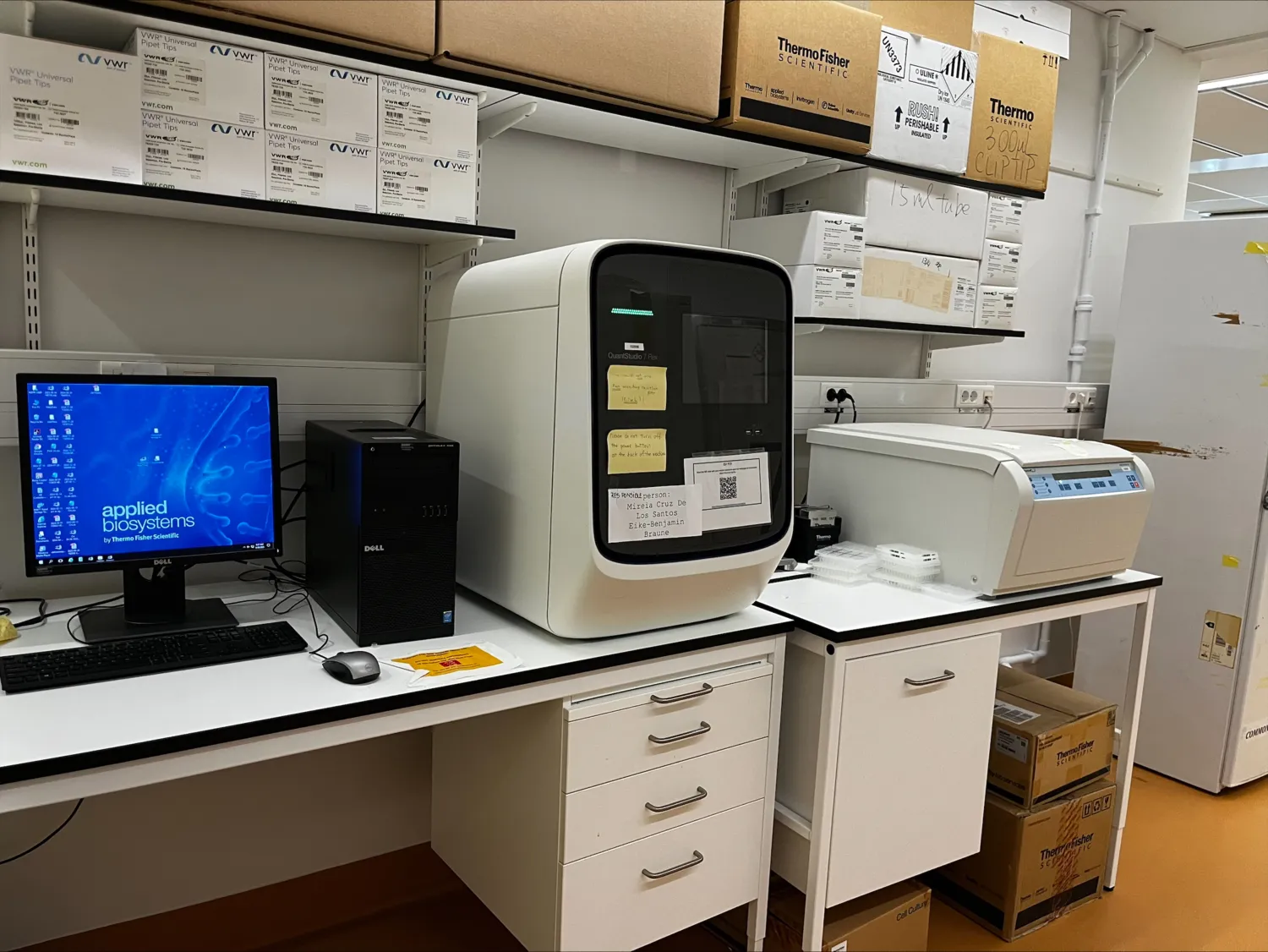Research at OnkPat
The Department of Oncology-Pathology conducts basic, translational, clinical research and teaching activities related to cancer. We aim to discover fundamental mechanisms in all aspects of cancer biology, find novel biomarkers and potent anti-cancer drugs for personalized cancer medicine. We maintain state-of art equipment for our scientists to share for a more sustainable and efficient work.
 Photo: Erika Rindsjö
Photo: Erika RindsjöMenu for this area
 Photo: N/A
Photo: N/AOnkPat Friday seminar
This is a seminar series organized by the Department of Oncology-Pathology. The purpose of these seminars is to bring together researchers in cancer research to promote knowledge exchange and collaboration. Prominent national and international speakers are invited to share their latest research findings and insights in the field.
 Photo: Erik Cronberg
Photo: Erik CronbergDoctoral theses at OnkPat
Discover doctoral theses from the Department of Oncology-Pathology.
 Photo: N/A
Photo: N/ACore facilities at Research Theme Cancer
 Photo: Liza Simonsson
Photo: Liza SimonssonSupport our cancer research
 Photo: Liza Simonsson
Photo: Liza SimonssonBlue sky grant for Postdocs and PhD students at the Department of Oncology-Pathology
Call is open for Blue sky grant for Postdocs and PhD students at OnkPat.
